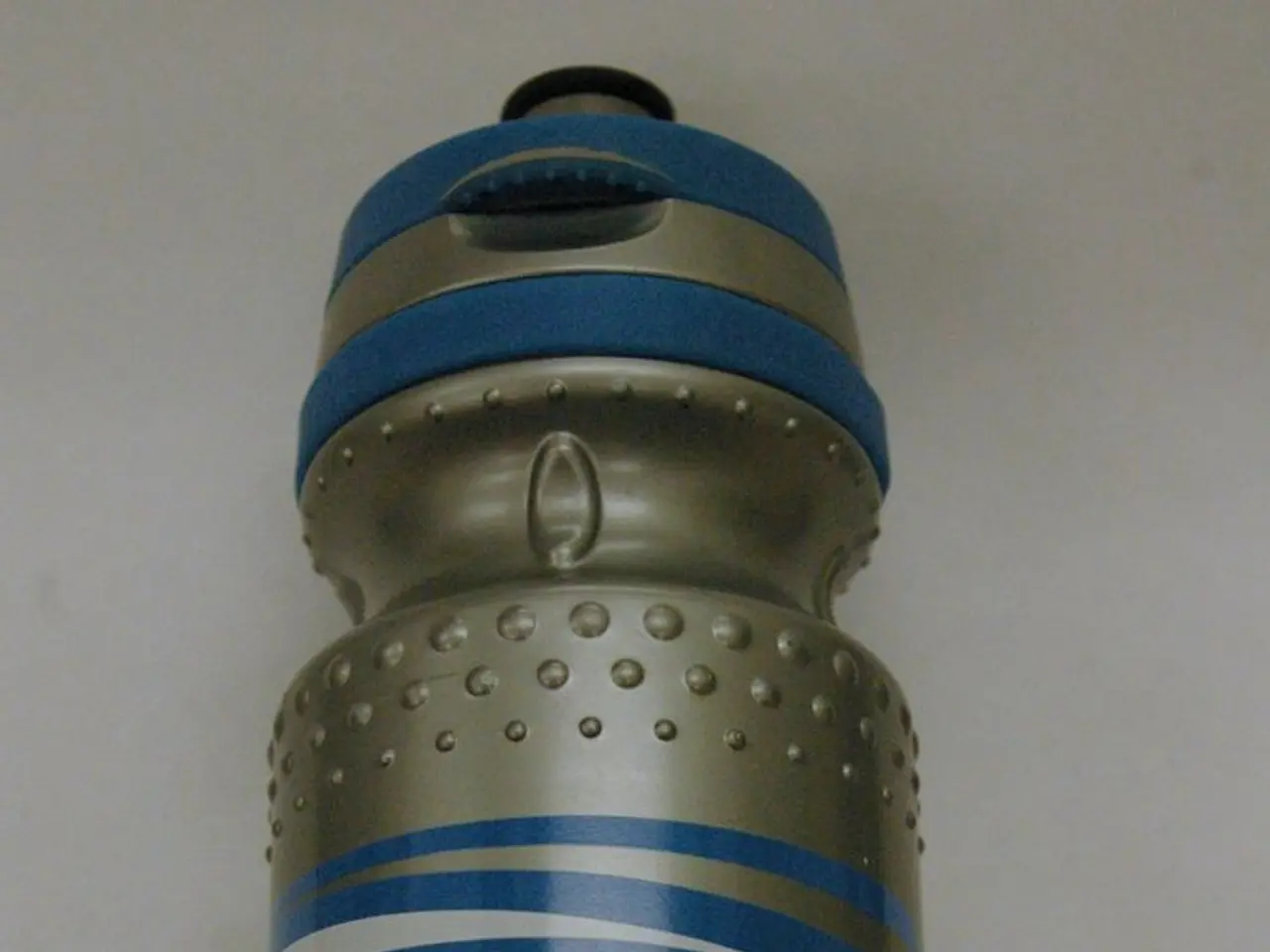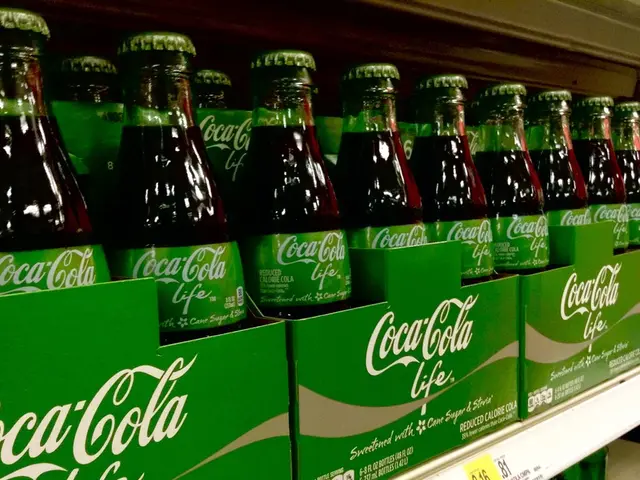DNA Breakthrough: Scientists Store 202MB on Synthetic Molecules
Scientists at the University of Washington and Microsoft have achieved a remarkable feat in data storage. They've encoded a substantial amount of data onto synthetic DNA molecules, marking a significant step towards practical DNA storage.
The team encoded a whopping 202 megabytes of data onto DNA, including over a hundred books, the Universal Declaration of Human Rights, and a high-definition music video. This is a substantial leap from the single book encoded in 2012.
The process involved translating digital information into DNA's four nucleotide blocks (A, G, C, T) and then back into ones and zeros. Microsoft and UW collaborated with Twist Bioscience to purchase 10 million custom oligonucleotides for this project. The resulting DNA molecules, resembling a few grains of salt, were rehydrated and caused to replicate selected strands.
This breakthrough proves the potential of DNA as a durable storage medium, as suggested by physicist Richard Feynman in his 1959 speech 'There's Plenty of Room at the Bottom'. Unlike modern storage methods, DNA can last thousands of years.
While DNA storage is still impractical for regular usage, this achievement demonstrates its potential for long-term, high-density data storage. The encoded data, stored on a surface much smaller than the tip of a pencil, showcases the vast capacity of DNA as a storage medium.
Read also:
- Transforming Digital Inventories in the Food Industry: A Comprehensive Guide for Food Businesses
- Munich Airport Unveils Its New Electrical Vehicle Charging Parksite
- Vehicle electrification and bidirectional charging technologies could potentially reduce EU energy expenses by a staggering €22 billion annually by the year 2040.
- Rapid Construction of Rajasthan's 435 Megawatt Solar Power Plant in Eight Months Reduces Carbon Dioxide Emissions by Over 700,000 Tons







